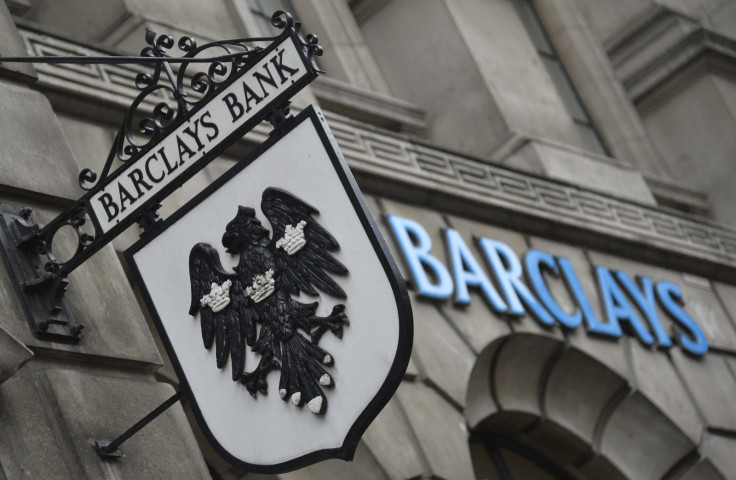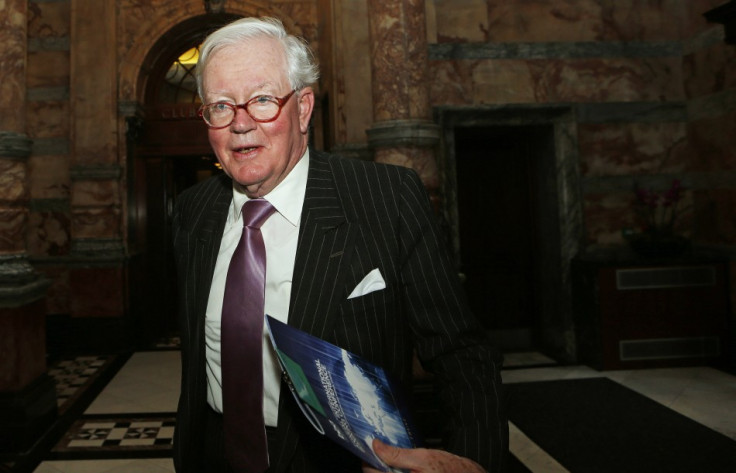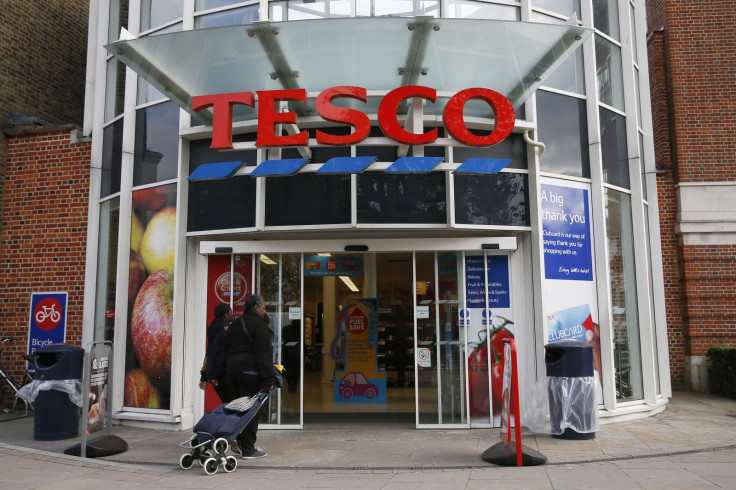Margareta Pagano: Be brave Barclays and do the retail and investment bank splits to appease investors
Some of the world's biggest universal banks – the "Too Big To Fail" breed – are so down in the dumps, you wonder if it's time to rename them "Too Miserable To Succeed".
Take Barclays Bank. Its shares are hovering around 241p where the bank is valued at £39.7bn, with a tangible book value (TBV) of just 0.8%. Deutsche Bank is worth less at €35bn (£27bn) with a share price of €25.8 and a TBV of 0.7%. Meanwhile, shares in Switzerland's Credit Suisse are down to $26, valuing it at $43bn (£27bn) with a TBV just over one times.

Now look at Lloyds Banking Group, whose business is nearly all retail. The bank's shares are trading at 79p, giving it a market worth of £56bn, while it has a healthier TBV of 1.5%.
Or RBS, the majority state-owned bank forced to shrink its investment banking business and sell off bits and pieces, whose shares have gained strength to 385p, valuing it at £44bn.
Put simply, the stock market doesn't like what it sees for the future of the big European universal banks and has decided to rate those that have big investment banks as losers.
In other words, investors are saying there isn't enough transparency within these European universal banks so they don't know how to model the unpredictability of earnings of investment banking activities now we are in a low-growth 1930s style deflationary environment. The result? They don't want to invest in them.
Put another way, investors are doing what the world's banking regulators have dared not do explicitly because of the power of the banking lobby over the politicians. And that's to force the banks to examine whether it makes sense for some to do a Glass-Steagall style split and separate their "safer" retail operations from their "riskier" investment banking activities.
Investors are forced to reassess 'Too Big To Fail' valuations
Indeed, Sir Win Bischoff, the former chairman of Lloyds and ex-chairman of the UK's Schroders (which was gobbled up by Citibank) who went on to head up America's Citibank, recently told me the prospect of the UK's Vickers ring-fencing rules, together with the tougher regulatory capital requirements coming into force worldwide, may ironically be forcing investors to reassess the valuations of TBTF banks.

What's more, Bischoff predicts that over the next five to ten years, we could see some banks hive off their investment banks to get proper valuations put on their different businesses.
How soon? Well, James Chappell, a banking analyst at Berenberg Bank, reckons Barclays will be the first to do the splits and that we could see such gymnastics over the next year or so.
This is why. If Barclays was to split its retail and investment banking operations, Chappell estimates it could see a fair value of 300p a share or closer to one times its tangible book value.
John McFarlane, the ex-Aviva boss, takes over as Barclays chairman at the annual meeting next spring, and Chappell reckons he will make looking at how best to release value for its shareholders a priority and that dividing up the bank is the best way to reach higher multiples for all the bits.
For example, the retail arm would be rerated while the investment banking activities would be free to become more like a hedge fund or merchant bank-style operation.
If Barclays was to consider such a move, the other banks such as Credit Suisse, Santander and Unicredit are the obvious ones to follow suit. That's the conclusion Chappell and his colleague Nick Anderson draw in their fascinating banking report, provocatively entitled Nature Has An Order, A Power To Restore Balance.
Christmas reading for central banks and politicians
In the report – which should be in the Christmas stocking of every politician and central banker – they show how these banks need breaking up for the benefit of shareholders to release value but also to make them more manageable creatures and for wider systemic risk issues. But the catalysts for change are only likely to happen, say the Berenberg boys, when the TBV falls below one times; that's what happened at ING and UBS (both were trading below TBV before the changes).
As they also point out, there is absolutely no evidence to show that the bigger the bank, the more economies of scale there are because the government subsidies given to the TBTF banks distort the picture. And, over the longer term, bigger banks always underperform smaller banks. (Not everyone agrees – defenders of the status quo would argue investment banking needs the balance sheet of its retail parent to provide capital.)
Less surprising, the report finds that the pay of bank CEOs over the last eight years has had no correlation with shareholder return while the sector's underperformance has had little or no impact on total pay. Perversely, the reverse is true: size and complexity are the biggest drivers of pay.

One of the biggest objections put up by the banks and some of their bigger investors to breaking up is that it's difficult to achieve because of their sheer size and complexity.
Yet the new living wills and resolution proposals being put in place by global regulators and the Financial Stability Board to avoid another Lehman-style collapse are meant to achieve just such a orderly break-up over a weekend.
So, if the proposed living wills are an effective instrument for such a wind-up, then the complexity argument collapses.
With 1930s-style deflation creeping across the eurozone, these triggers for change at Europe's big banks could come sooner than later.
As the collapse in value of supermarkets groups such as Tesco have shown, investors get restless quickly when they are being short-changed.
Like the big supermarkets have also shown, there's a new appetite among consumers for variety in their shopping habits, which includes nibbling at cut-price shops such as Lidl and Aldi while buying more locally whether from independent shops or the farmers' markets.
If Barclays, Deutsche and Credit Suisse were ever to do the splits, that leaves universal banking in the hands of the US banking giants: JP Morgan, Morgan Stanley, Citibank, Bank of America, Goldman Sachs and of course the UK's HSBC.
But even their world is changing fast: witness the growth of old-style merchant banking boutiques such as Evercore, Gleacher and Greenhill to name a few that are biting into the advisory end of their business, while the rapid growth of regional banks in the Bric countries are taking on the US banks head-on on the wholesale lending side.
Ironically, naked market greed may be achieving what the politicians were too scared to do after the financial crash. Stranger things have happened.
Margareta Pagano is a business journalist who writes for the Independent and the Financial News. Follow her on Twitter @maggiepagano.
© Copyright IBTimes 2025. All rights reserved.






















